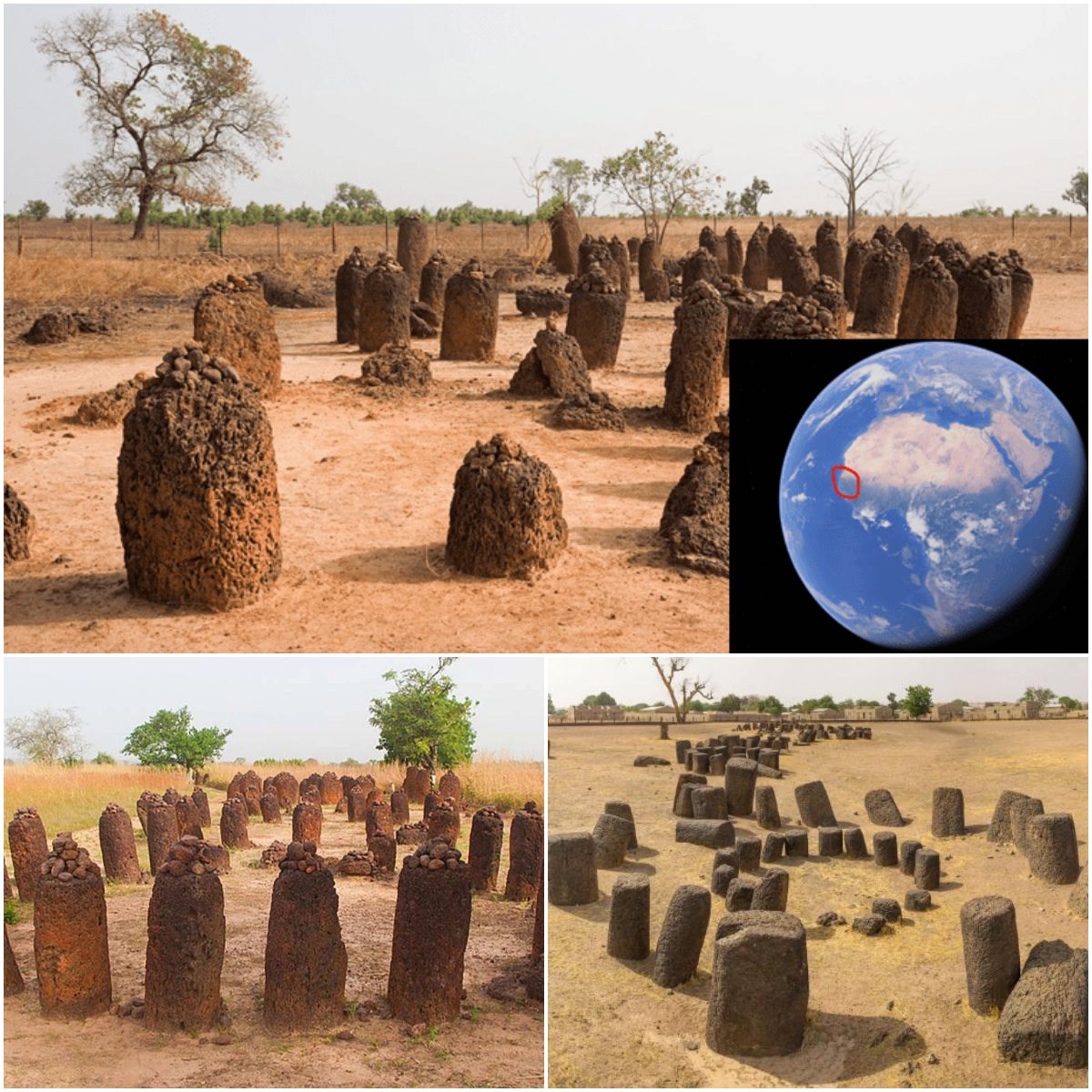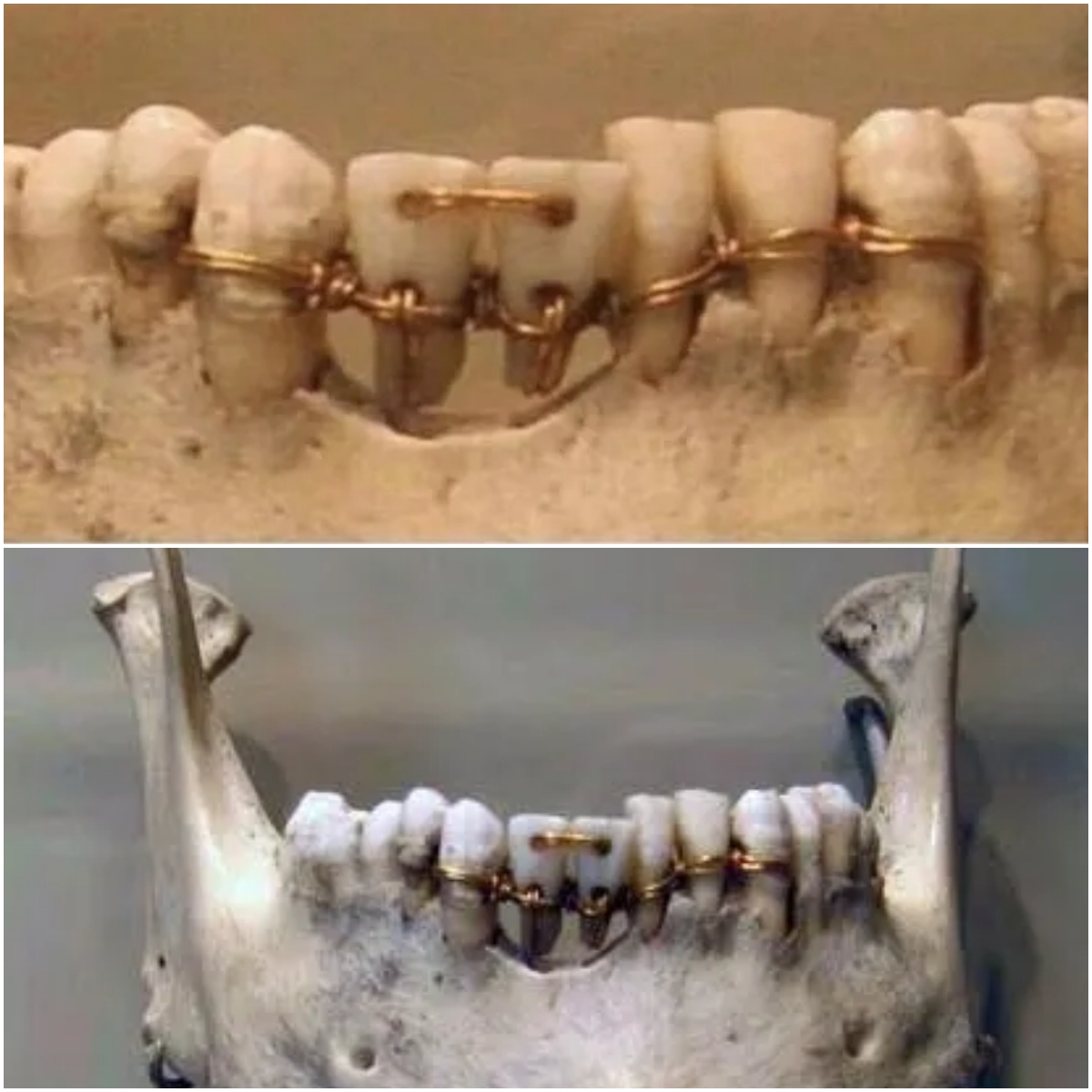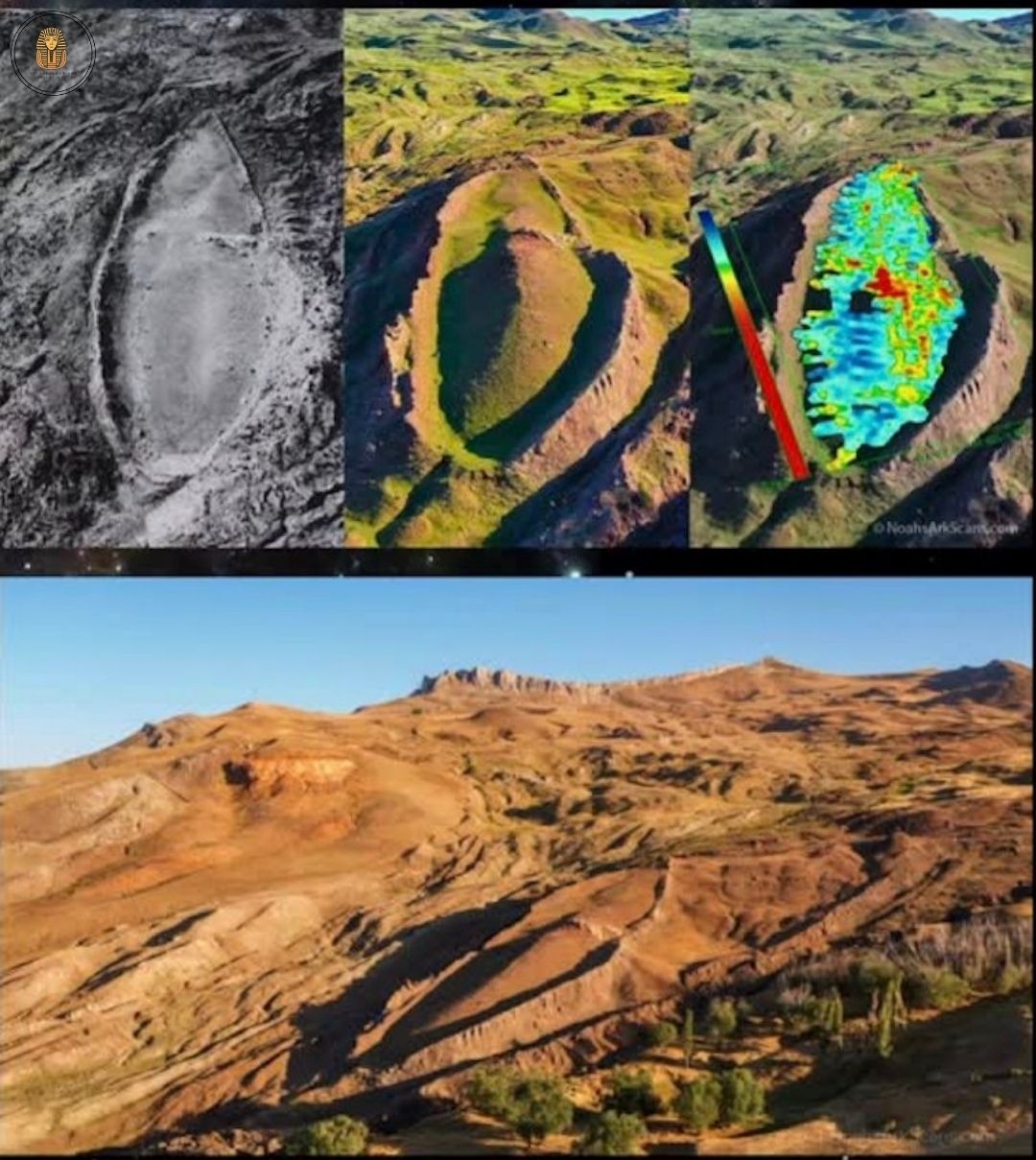Ramses II who was one of Kemet greatest Nesut bwty was of African descent.
Ramses II who was one of Kemet greatest Nesut bwty was of African descent. Ancient Kemetyu just like modern Somalian people used to dye their hair red using henna. There is a running theme among the Eurocentric scholars to whitewash his identity by making outlandish false claims that he had blue eyes and blond hair and he was caucasian.
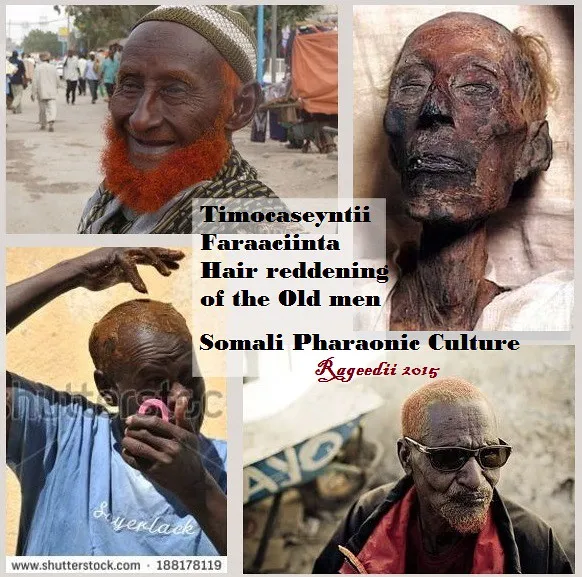
he is NOT a “black” African. His hair was naturally red, no henna. He has Eurasian features and came along in the last 2000 years of Egyptian dynasties. He was likely from a people that had inhabited North Africa into Libya, the Canary Islands and Iberia for over 1000 years. This was added to as Phoenicians, Carthaginians and Goths settle in North Africa as time went on, making North Africa more and more “Eurasian”. Egyptians depicted Libyans as very “white” and this indigenous North African “white” population had a lot of influence in the area between Europe and the Northwest of Africa. Early Egyptian dynasties were more sub-Saharan than later dynasties. Probably starting around 1600 bce or when the Hyksos invaded Egypt. After them it was Libyans, Greeks , Romans, so by the time “Jesus” would have lived, Egypt was very Hellenized and it had large European and West Asian additions to its population. So it’s fair to say early dynastic periods had a population in between Sub-Saharan and Levant. But by the time Ramses II came along, Europeans and other Eurasian groups had transformed Egypt and its people. Cush was no longer their main adversary and Asian and European Empires influenced all of North Africa.

Also, the afrocentric theorists seem to think being from “Africa” automatically makes them “black”. Obviously that is also ridiculous and even modern day Africans don’t believe in this theory. Black Americans have glorified Africa for so long, they associate Africa with everything “black” even though Africa is only a place where diverse groups of people live. North Africa has mostly always been very different than Sub-Saharan Africa since the recording of early history. Afrocentrics believe associating Egypt with Africa automatically adds to their absurd argument, which it doesn’t.
Afrocentrics, mostly blalck Americans, like to accredit all of the ancient world, including ancient Hebrews, to some grand idea of a “black” “race”. Largely due to being unable to fulfill the psychological need to identify ones past and origins, which most couldn’t until very recently with innovations in genetics.
Over the years many theories have popped up trying to apply some identity to the black American identity, usually based on slim evidence and major assumptions. This has occurred with Egyptian culture and identity, Jewish culture and identity, forms of Christian identity with the absurd claim that “Jesus” was “black”, the Islamic period in Iberia, Native American culture and a few other very ridiculous folk narratives, trying to assert some glory and recognition for “their” people. But I don’t think these folks realize that sharing skin color with someone else, in the rest of the world, doesn’t mean nearly as much as they’d like and it also doesn’t mean they could legitimately claim these historical situations based on a single shared phenotype. The black American genome, on average, is about 50% West African, 30% Niger/Congo and about 20% European, sometimes with like 1–5% Native American thrown in. But regardless of how scientifically accurate it is, most would deny their European heritage and claim some other culture that has nothing to do with their ancestors. So few slaves, in the Atlantic slave trade, were taken from East, Horn Africa.
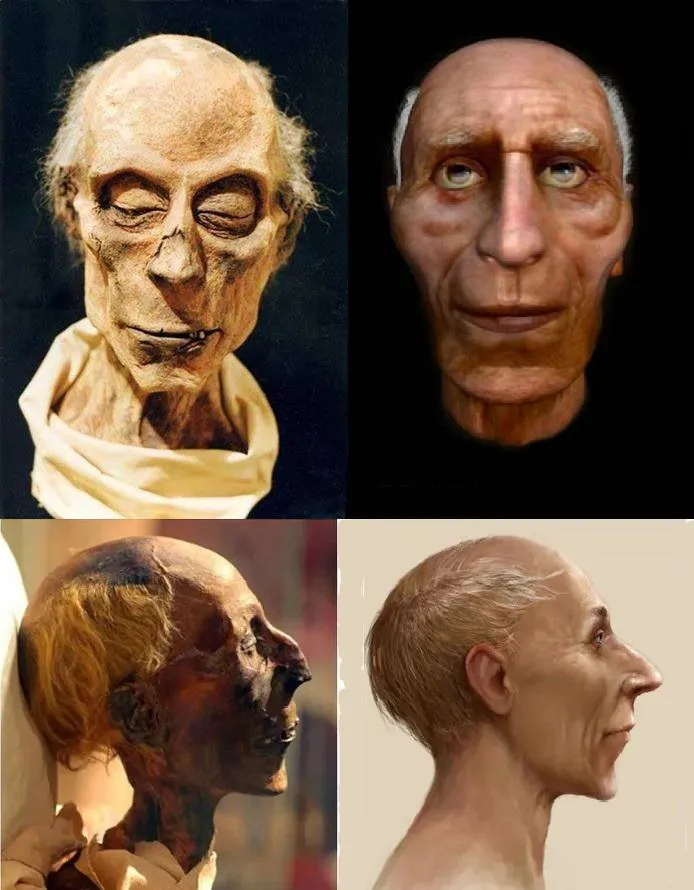
As a group, many view all “black” people as part of some tribe, which most places in the world would find ridiculous. Similarly, “white”, mostly southern Americans, have a similar view of what “white” is. Somehow both identities being forged due to the battle over slavery in America. Of course accrediting someone a unrelated people did, just because you might share their skin color is preposterous. It would be like an Irishman taking credit for pizza just because the people who invented pizza are also “white”. Or like the Vietnamese taking credit for Genghis Kahn just because they both appear to have east Asian features.
As far as Ramses II, he was 100% Eurasian and probably fair skin. His hair is naturally RED, not died with henna, not white from aging. His hair is naturally red. And he displays obvious Eurasian features. Some might call him caucasoid but that’s an outdated and fairly inaccurate term. Egypt wasn’t just one type of people, it, like most of the ancient Mediterranean was very diverse. This meant all different kinds of people living and traveling there. It also meant warring with other nations and risk being conquered, which it was numerous times.
Early Egyptian Dynasties mainly battled with Cush, who they always made sure to differentiate themselves from. They depicted Cushites with very black skin and sub-Saharan features, while in this period, they mostly identified themselves with reddish brown skin and Eurasian features. Which would make complete sense as the lower Nile was part of the Mediterranean world and people in the Mediterranean world were usually a mix of the surrounding areas. Skin color around the world usually operates in a gradient, darker starting in the equatorial tropics, moderate to light brown as you get up to the Mediterranean, then olive or tan as you get to Canaan and Southern Europe, and much lighter as you move from southern Europe to central and northern Europe. But after the Cushites reuinfied the upper and lower Egyptian Kingdoms, their reign only lasted a few hundred years before the Cushites were pushed south again.
Was Ramses II, one of Kemet’s greatest rulers, truly of African descent? Ancient Kemetyu dyed their hair red with henna, but some scholars claim his red hair was natural and his features Eurasian. This reignites the centuries-old debate about the racial identity of ancient Egyptians. Did Ramses II represent a purely African civilization, or was Egypt already a diverse hub of Mediterranean and Eurasian peoples by his time? History may not be as simple as modern identities make it seem.


